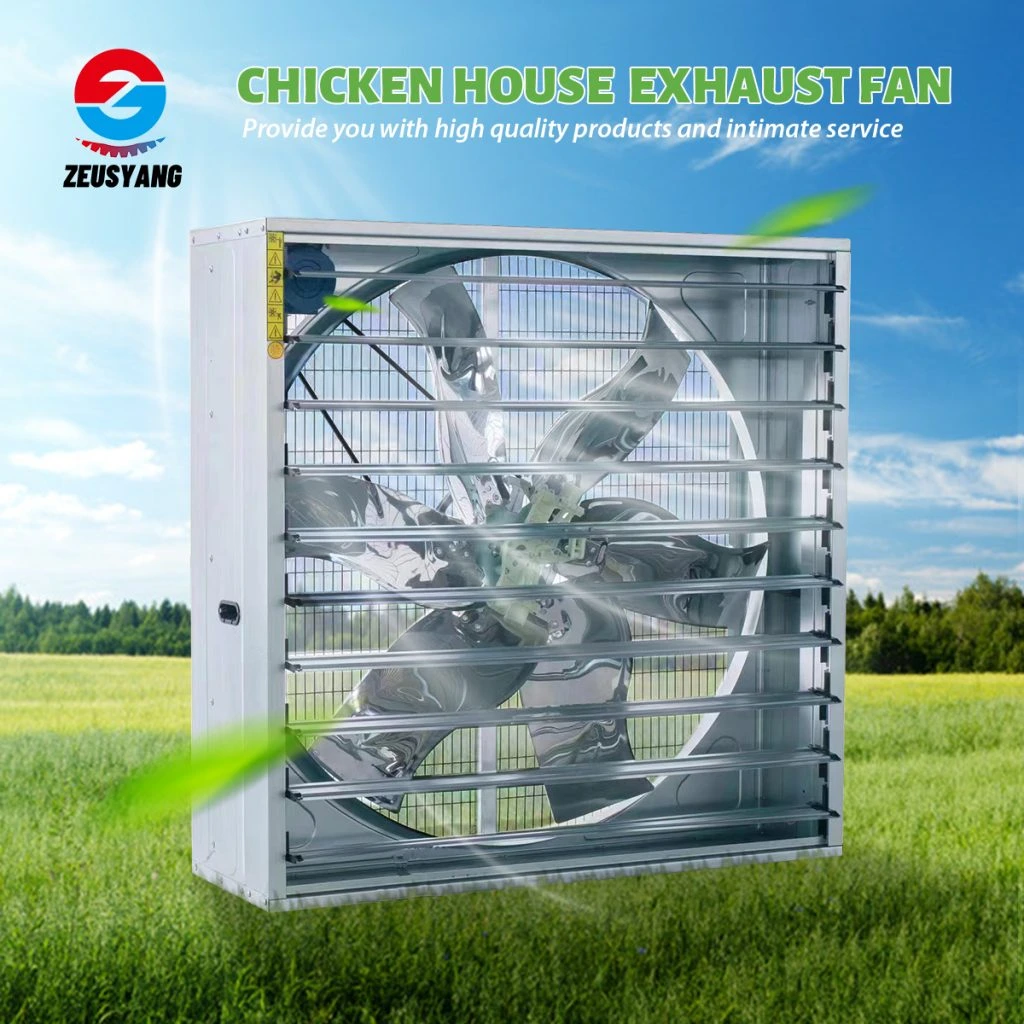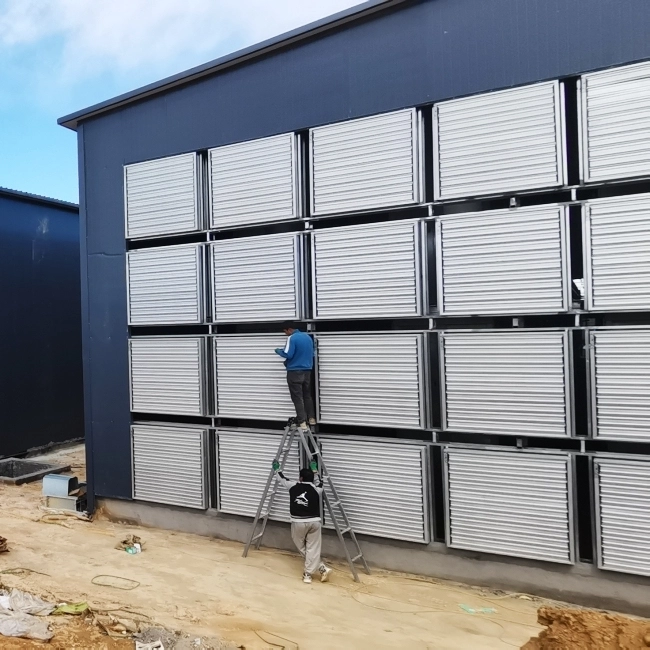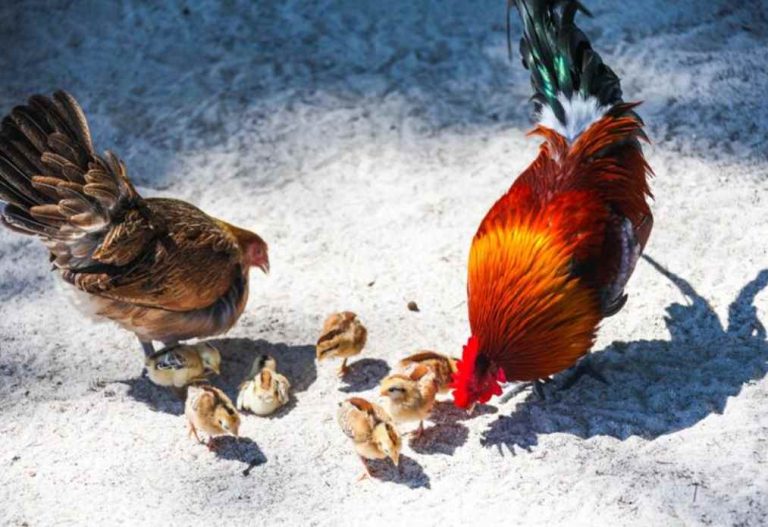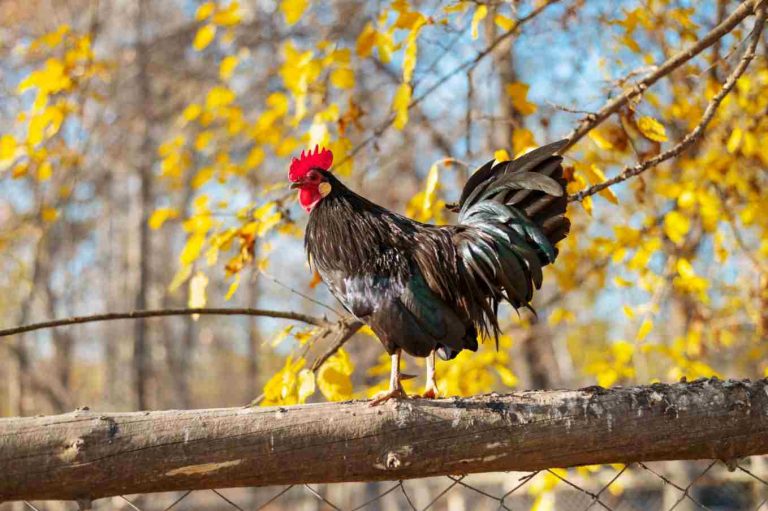
Why Fresh Air Is Non-Negotiable in Chicken Homes
Good airflow in chicken coops isn’t just a bonus—it’s the backbone of a thriving flock. Think of it like this: chickens breathe out moisture, poop releases ammonia, and bedding traps heat. Without proper ventilation, these factors collide, creating a toxic cocktail. Bad airflow triggers a chain reaction: stressed birds, fewer eggs, and vet bills that eat into profits. At Zeus, we’ve spent years studying how air movement impacts poultry, and our clever chicken coop fan designs help flocks stay robust through heatwaves, storms, and freezing winters.
The Silent Killers Lurking in Stagnant Air
Still air transforms coops into invisible danger zones. Chicken droppings release ammonia fumes that burn eyes and scorch lungs—imagine breathing bathroom cleaner 24/7. Damp bedding from poor airflow becomes a mold factory, sprouting germs that hitch rides on dust particles. These stealthy threats multiply in stale air, spreading illnesses like coccidiosis (a gut-wrecker) or chronic respiratory disease. Left unchecked, bad ventilation acts like a slow poison, weakening immune systems and leaving farmers with thinner wallets.
What Chickens Hate About Stuffy Coops
Chickens are fussy roommates. Stale air stresses them out, sparking bad habits like feather-pecking wars or food strikes. Stress hormones flood their systems, turning their defenses to Swiss cheese. Egg-layers respond by dropping fewer eggs—and the ones they do lay have shells as thin as tissue paper. Meat birds? They’ll grow slower than molasses, delaying paychecks. But crack the airflow code, and you’ll see calm birds pecking contentedly, laying reliably, and packing on healthy weight.
Summer’s Oven vs. Winter’s Sauna: A Coop’s Worst Nightmares
Seasons throw curveballs at coops. Summer turns them into solar ovens—without moving air, temperatures soar past 100°F, leaving birds panting like marathon runners. Dehydration sets in fast; severe cases lead to dropped dead birds by sundown. Winter flips the script: breath moisture and poop steam create indoor rainstorms. Condensation drips from ceilings, turning walls into mold art galleries. But here’s the kicker: smart ventilation adapts. Summer calls for turbo-charged airflow; winter needs gentle moisture-sucking breezes. Get this balance right, and your coop becomes a year-round safe haven.
Fans: The Coop’s Unsung Heroes
Chicken coop fans aren’t just gadgets—they’re feathery ICU units. By moving air precisely where needed, they stop problems before they start. Picture this: a fan humming in the corner, its blades slicing through ammonia clouds, drying soggy bedding, and nudging fresh air into every nook. It’s like giving your flock an invisible bodyguard against airborne threats.
The Physics of Happy Chicken Lungs
Fans work like invisible brooms. They create cross-breezes that sweep stale air out windows while pulling in oxygen-rich drafts. This erases “dead zones”—those muggy corners where germs throw frat parties. Test this yourself: hold a ribbon near a fan. If it dances steadily, your airflow’s golden. If it droops? Time to reposition. Good airflow cuts ammonia levels by up to 70% and keeps bedding dry enough for a picnic.
What Separates Great Fans from Duds
Not all fans earn their keep. Top picks have:
- Toughness: Dust-proof motors that laugh at feather storms
- Weather armor: Rust-resistant frames for rainy climates
- Volume knobs: Summer turbo mode vs. winter whisper settings
- Stealth mode: Quiet enough to hear a pin drop (or a chicken cluck)
- Energy sipping: Costs less to run than a nightlight
Skip cheap plastic models—they croak within months. Invest in industrial-grade units, and they’ll outlast your coop.
Fan Placement: Where Science Meets Chicken
Location is everything. Try these pro tips:
- Perch pals: Mount fans near roosts to cool snoozing birds
- Window buddies: Pair fans with open vents for natural airflow boosts
- Crossfire tactic: Aim fans opposite doors/windows to create sweeping breezes
- Height matters: Install at chicken head level for maximum lung relief
For mega-coops, space fans every 15 feet—like air traffic controllers guiding fresh oxygen.
Health Wins You Can’t Afford to Miss
Solid ventilation is cheaper than vet visits. Here’s why:
Saving Chicken Lungs, One Breeze at a Time
Dust + ammonia = chicken asthma. Fans scatter these irritants, slashing respiratory ER visits. Notice fewer sneezes? That’s your sign it’s working. Bonus: Cleaner air means less crud building up in waterers and feeders.
Beating the Heat Without Ice Cubes
Chickens can’t sweat—they rely on panting and wing-flapping to cool off. But when the mercury climbs, still air turns coops into saunas. Fans create wind-chill effects, dropping the “feels like” temperature by 10°F. Pro tip: Add misters for bonus cooling (just avoid soaking bedding!).
Germ Warfare: Fans vs. Pathogens
Sick birds cost money. Airborne germs spread like gossip in cramped coops. Fans disrupt this by constantly flushing out germ clouds. Think of it as creating an invisible shield—outbreaks fizzle before they explode.
Picking Your Flock’s New Best Friend
Choosing fans isn’t one-size-fits-all. Consider these factors:
Size It Right or Regret It
Math time: Measure coop length × width × height = total cubic feet. Fans should replace this air volume every minute (CFM rating). Tiny coops (8x8ft) need 150-200 CFM; warehouse-sized operations require 1,500+ CFM. When in doubt, size up—you can always dial back speed.
Silent But Deadly (to Bad Air)
Loud fans stress birds more than rock concerts. Test decibel levels: 40 dB is ideal (library quiet). Energy-wise, compare wattage—a 20W fan running 24/7 costs ~$3 monthly. Solar options? Brilliant for off-grid farms but pair with battery backups for cloudy days.
Zeus’s Coop Fan Arsenal

Our fans marry brawn with brains:
- Stormproof shells: Survive hail, downpours, -30°F winters
- Ninja-quiet motors: Birds nap through max speed
- Smart sensors: Auto-adjust speed based on coop humidity
Peek our full lineup at Zeus—we’ve got setups for 10 chickens or 10,000.
Fan Tag-Teams: Boost Power with These Hacks
Fans shine brighter with allies:
Nature’s Free AC
Open windows during cool mornings; fans amplify the breeze. Plant shade trees nearby—they’ll block summer sun while letting winter light through.
Seasonal Switcheroos
- Summer: Crank fans full blast + open all vents
- Winter: Run fans low + crack top vents (warm, moist air escapes)
- Rainy season: Angle fans downward to dry muddy floors
- Gadgets That Snitch on Bad Air
- Hygrometers: $10 gadgets that scream TOO WET when humidity tops 70%
- Ammonia sniffers: Alert you when gas levels hit danger zones
- Thermocams: Spot cold/hot zones needing airflow tweaks
Ready to Ditch Airflow Headaches?
Act Now or Pay Later
Here’s the brutal truth: Fixing ventilation after birds get sick costs 5x more than prevention. A 150fancouldsave150fancouldsave750 in lost eggs, meds, and dead birds. Your flock’s health clock is ticking—every day in stale air chips away at their resilience.
Get Tailored Wisdom
Stuck choosing fans? Zeus’s poultry nerds live for this stuff. Contact us on our site or book a free coop airflow audit. We’ll even help you install your first fan—no strings attached.
FAQ
Q: Can I run fans 24/7 without frying motors?
A: Quality fans are marathon runners—they’re built for nonstop use. Just oil bearings annually.
Q: Will fans turn my coop into a wind tunnel?
A: Not if sized right. Birds should have calm zones to retreat to—like placing fans on one side only.
Q: Do chicks need fans?
A: Hold off until 4 weeks old—drafts chill babies. Use low-speed settings for teenage birds.
Q: How do I winterize fans?
A: Shield them with baffles to redirect cold air upward. Clean blades monthly—dust buildup strains motors.




